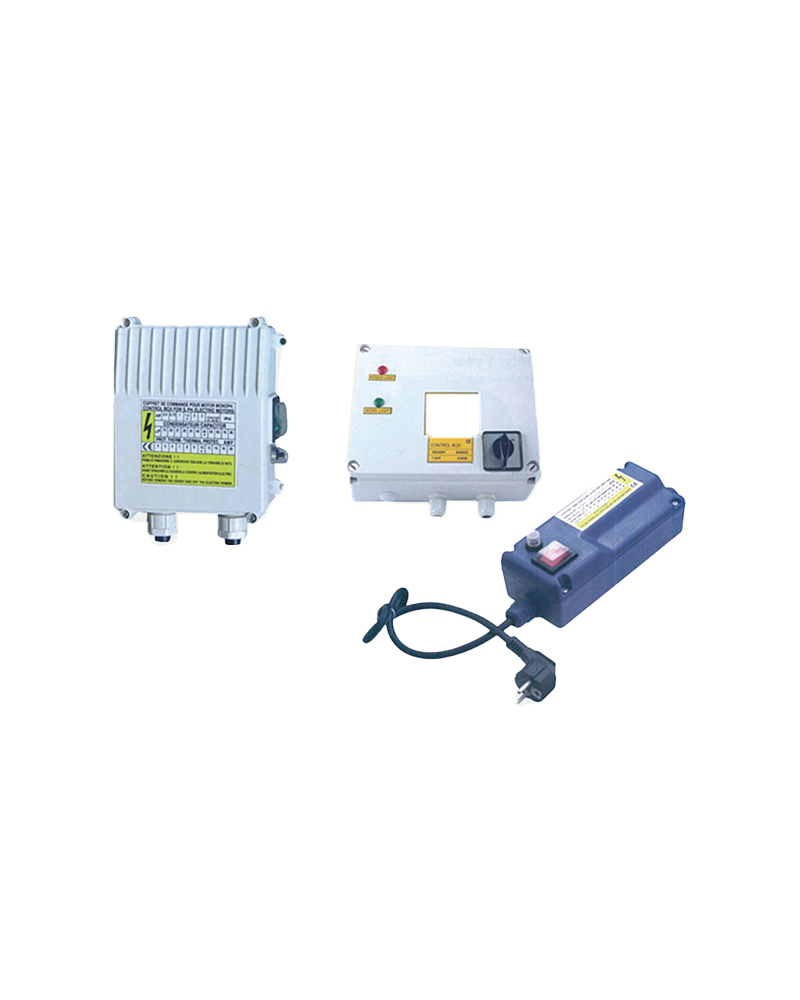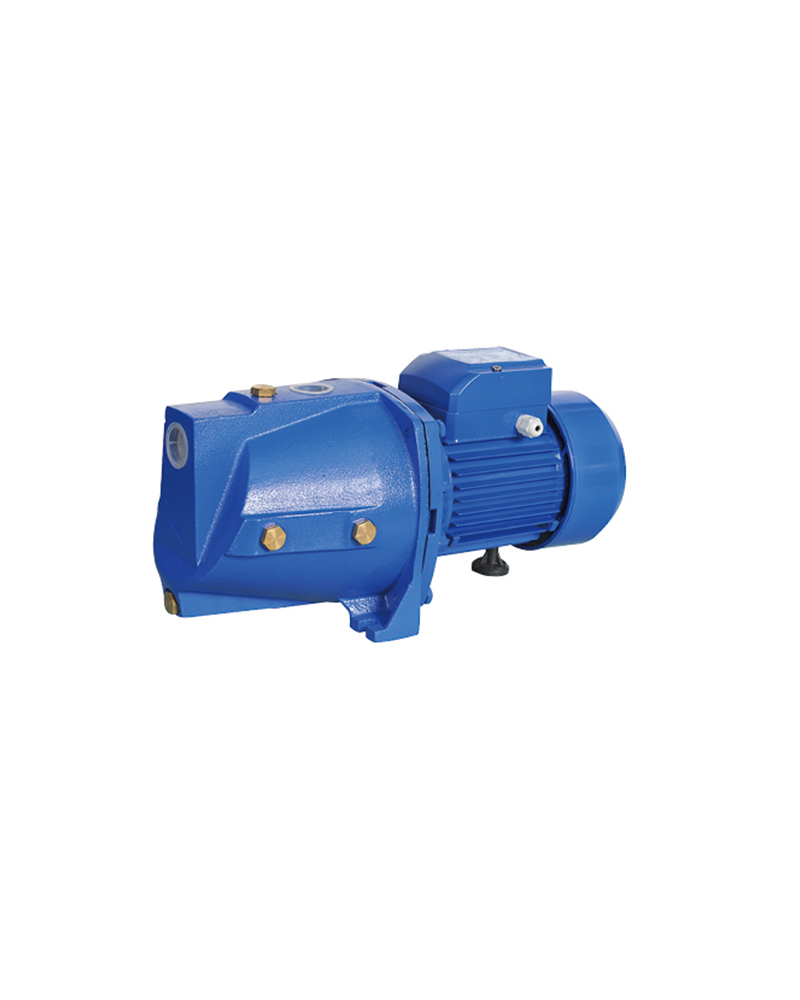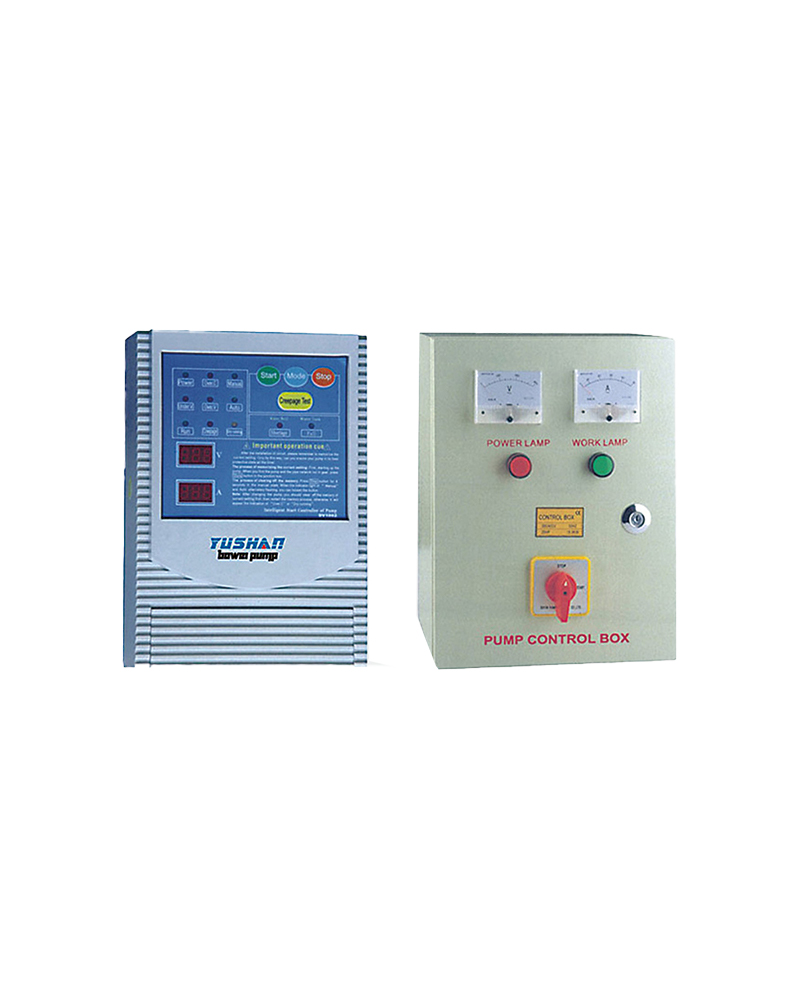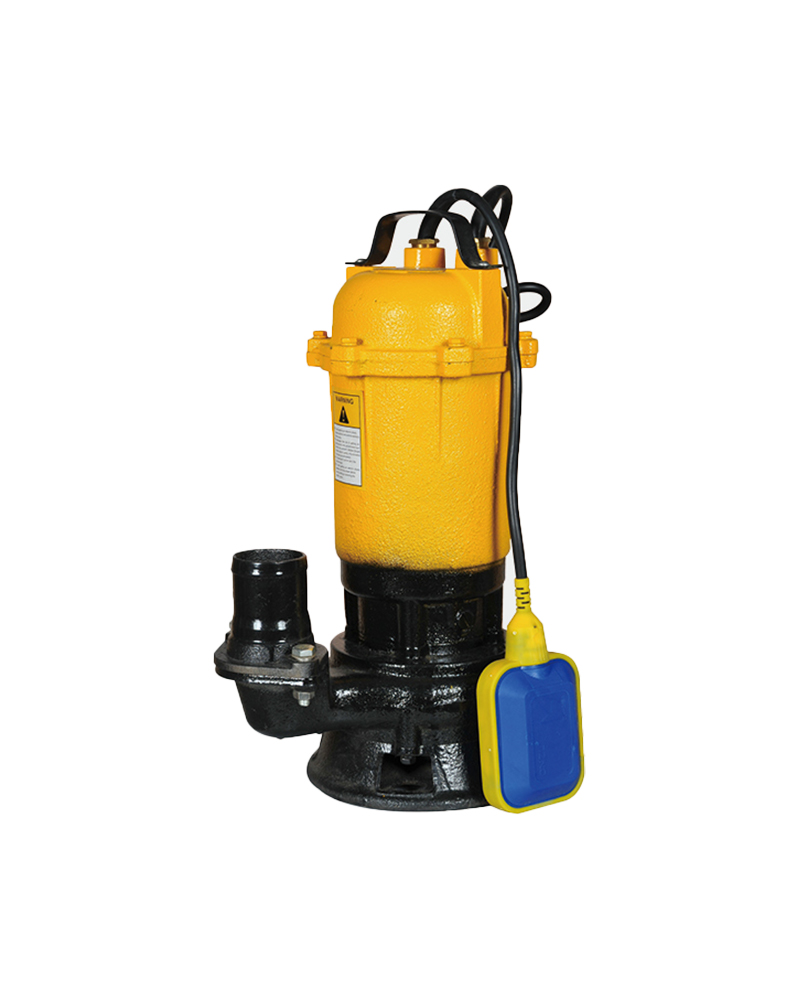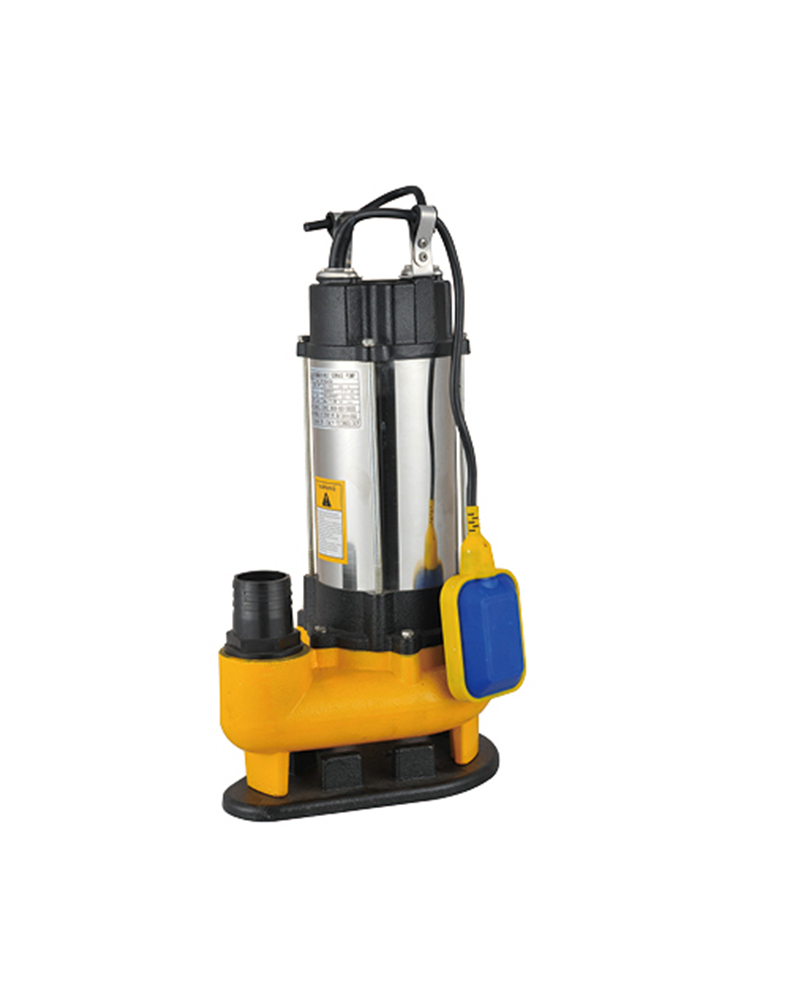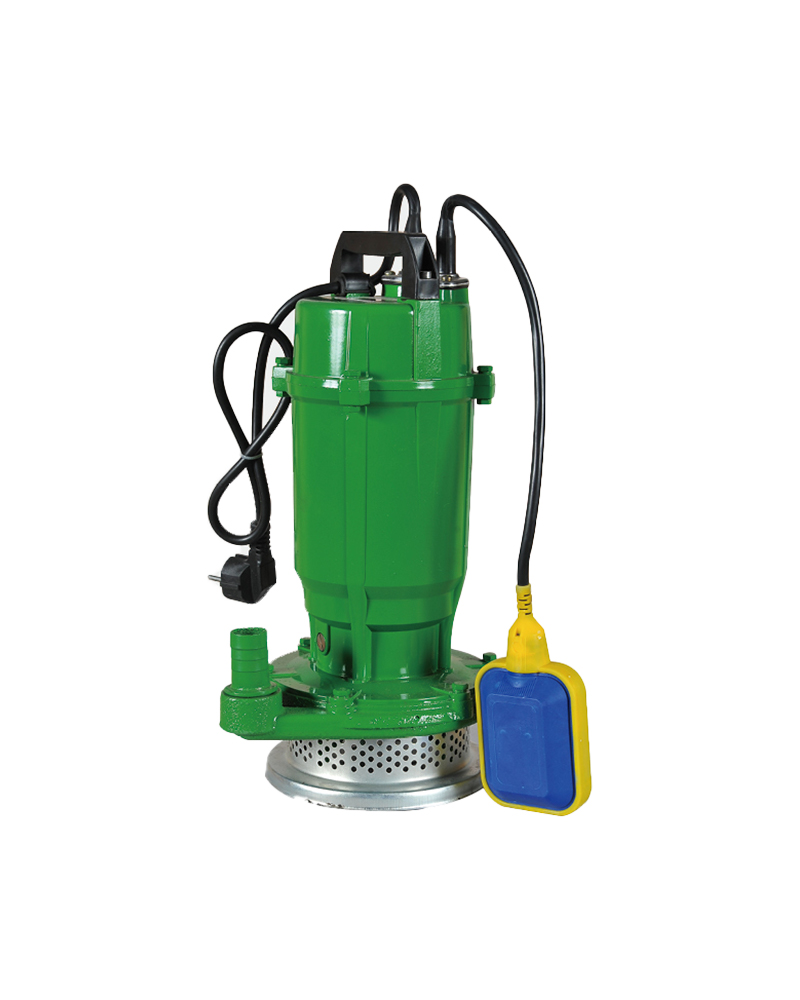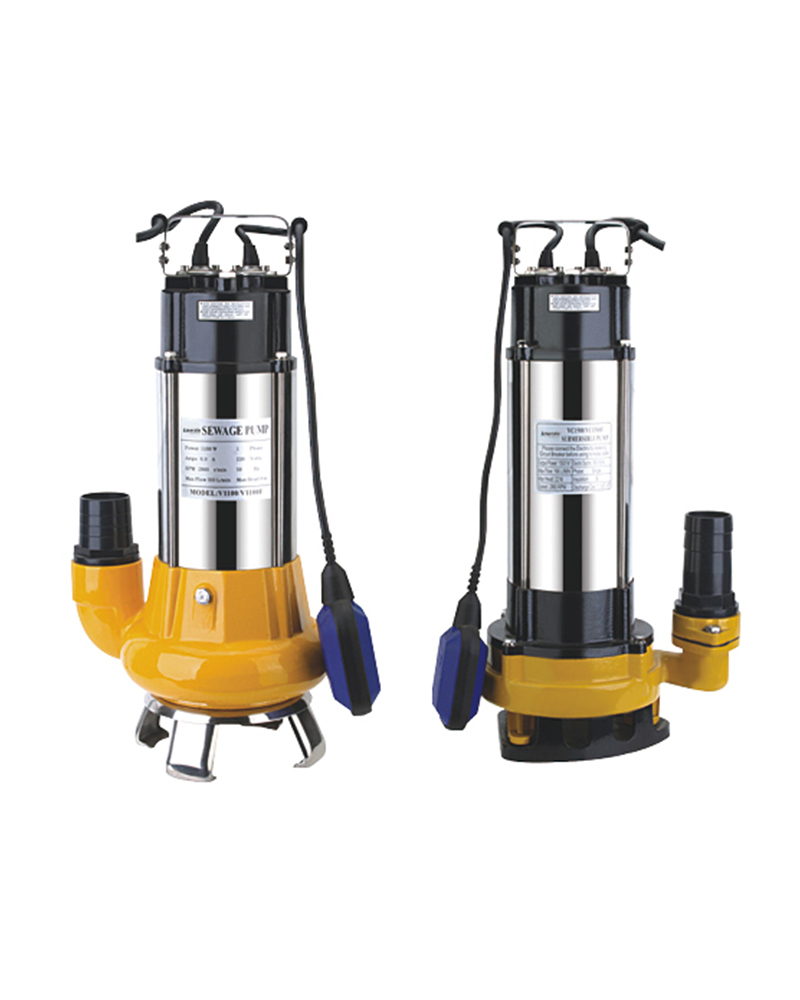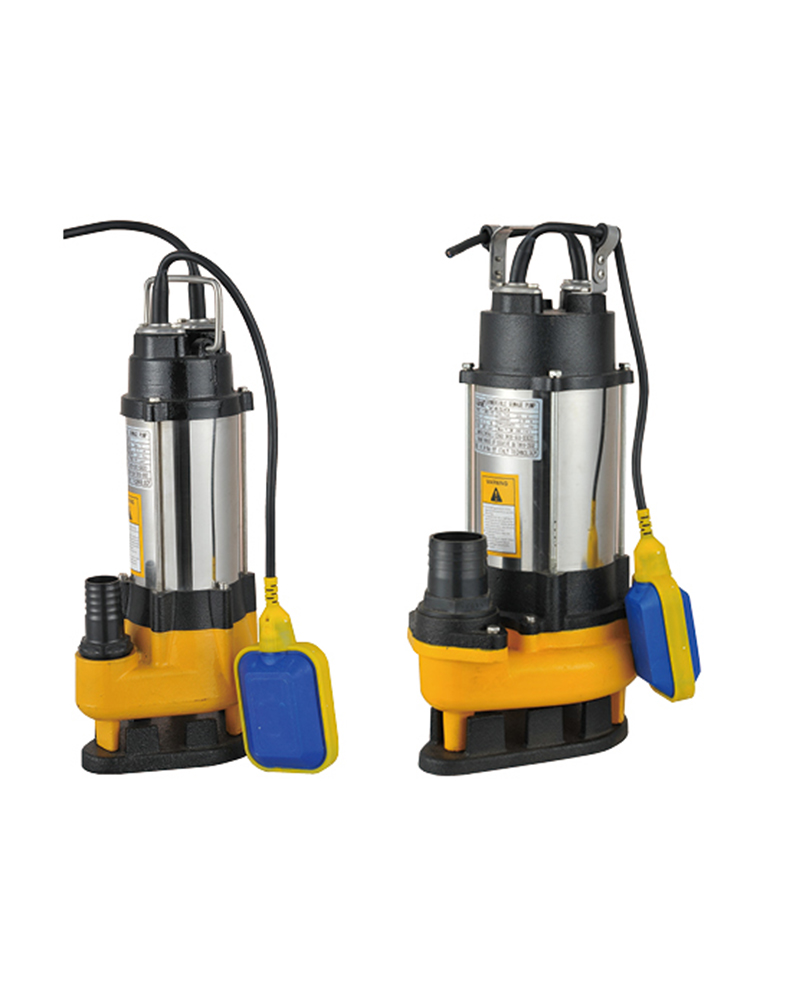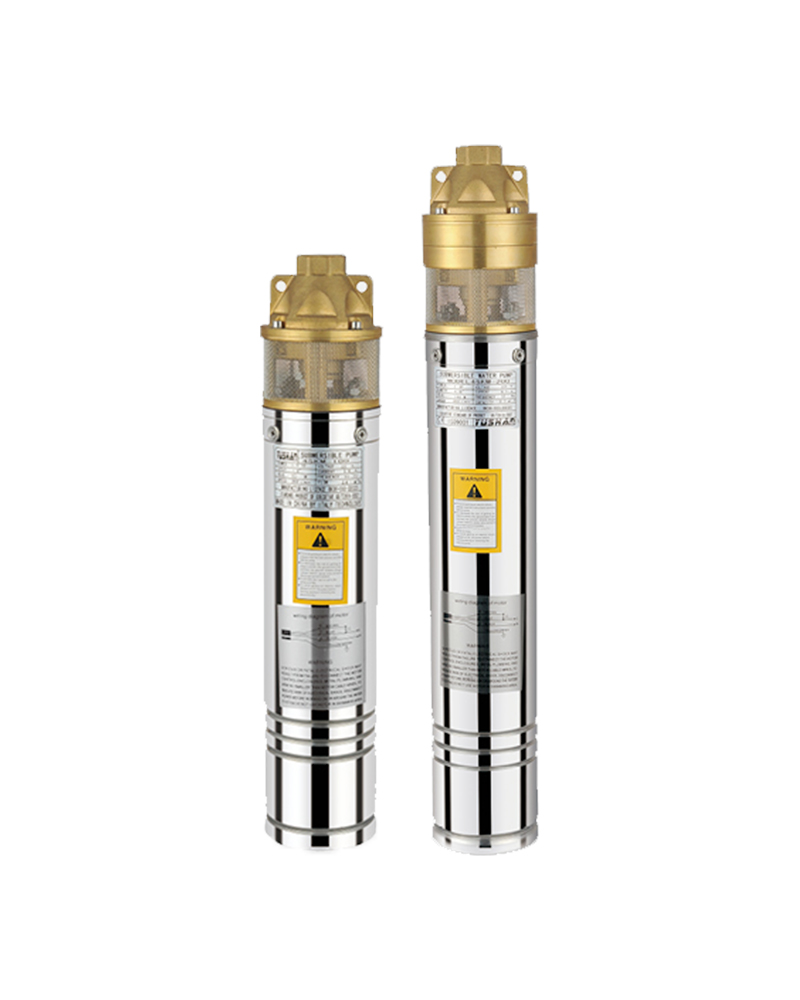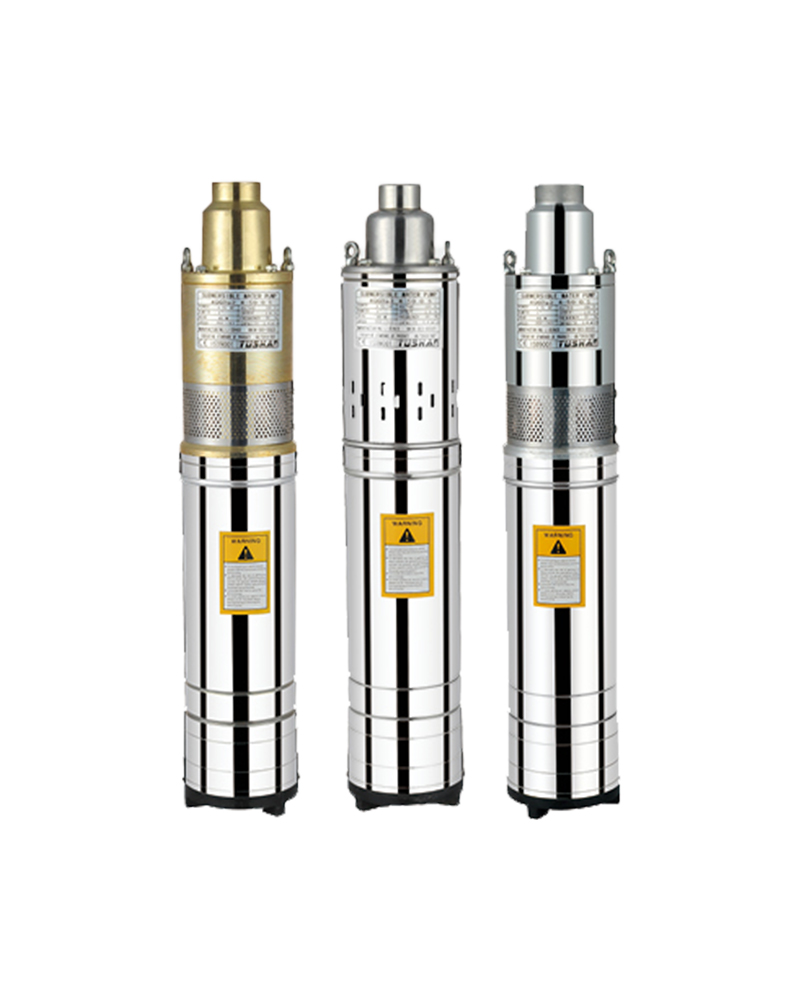In the realm of fluid movement and management, a diverse array of specialized equipment exists to facilitate a wide range of functions and applications. One of these key tools is the Surface Pump. An integral component of both industrial and residential systems, the Surface Pump deserves a comprehensive exploration to highlight its significance, functionalities, and benefits. A pump is a device that moves fluids, either liquid or gas or sometimes slurries, by mechanical action. There are different types of pumps categorized by their method of displacement, with the Surface Pump being one of them.
While the term “surface pump” may imply a certain level of simplicity, it is no less complex than its counterparts in terms of design and function. Surface Pumps, also known as external pumps, provide a useful and often necessary function within the world of hydraulic systems. As the name implies, these are stationed above the ground or water level. They are not submerged, and this aspect alone delivers a wealth of beneficial properties and possible applications - making them different from submersible pumps.
One primary advantage of surface pumps is their ability to sustain a higher temperature, an important aspect in the manufacture of heavy machinery and equipment in large-scale industries.
The cooling process is more efficient due to its external positioning, which leads to a longer lifespan and less maintenance requirements, a critical feature for businesses to ensure continuous operation processes. Surface Pumps, typically, find use in applications that require pumping water from sources such as wells, ponds, and streams.
They are also used for pressure boosting, irrigation, and in the heating, ventilation, and air conditioning (HVAC) industry. For instance, homeowners may use surface pumps to extract water from a shallow well or other water source for irrigation or other household uses. Further, they are also finding function in renewable energy applications such as solar water pumping systems, which is an emerging sustainable solution intending to curb energy consumption and reduce carbon footprints in agriculture or water supply sectors.
Moreover, surface pumps also excel when it comes to handling volatile or dangerous liquids that cannot be risked leaking into the electric components of a submersible pump. This makes them invaluable within the chemical industry, where harsh liquids are regularly managed. However, one must understand that selecting the perfect pump may not be as simple as choosing the one with optimum performance. The particulars of its application, maintenance, cost, efficiency, and ability to handle the required load are all factors that should be considered. Surface pumps, while valuable, are not exempt from this rule. Consider the costs associated with running and maintaining a surface pump, the feasibility of its installation in terms of location, and the nature of the fluid it is expected to handle. Thus, while surface pumps offer a reliable and efficient solution for numerous applications, understanding the specifics of their function and the nature of their operational environment is key to their successful selection and use.
In conclusion, as we navigate through an increasingly technology-reliant era, the importance of tools like the Surface Pump has grown exponentially. Offering a plethora of benefits from energy efficiency to versatility in applications, Surface Pumps have come to play a pivotal role in our modern world. As our reliance on these pumps is set to increase, it becomes imperative to underscore their significance and the role they play in running our homes, industries, and, ultimately, economies. Surface pumps thus confirm the assertion that sometimes, it's the seemingly simple inventions that influence our lives the most. Their numerous advantages and practical applications make them an unarguably vital invention. As improved models continue to be developed, the versatility and utility of surface pumps will only increase, making them an even more integral part of the fluid handling industry.



 English
English
 Español
Español
 عربى
عربى
